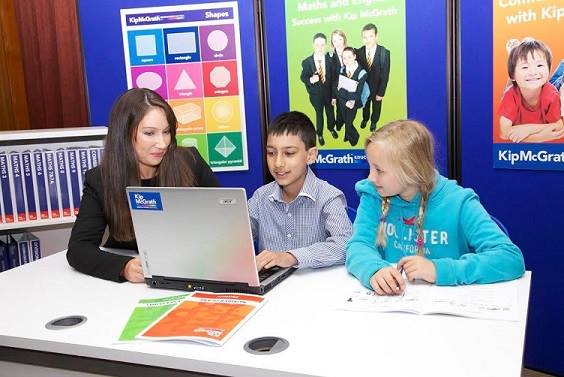In our last column we looked at the “do’s” of building a strong relationship so this time we are focusing on the “don’ts” and the best way to deal with issues your child might be having in school.
Don’t
Miss key appointments
- Parent-teacher meetings and school meetings are highly important for building a healthy relationship. Likewise, they help you to assist in your child’s learning.
Give your child mixed messages
- If your child has been punished for something or been asked to do something by their teacher, don’t contradict them. Even if you disagree, it is better to have a discussion with the teacher afterwards and create a plan from there. If your child receives mixed messages they may believe you have given them permission to go against the teacher’s will.
Try to catch your child’s teacher for a discussion unannounced
- Always arrange an appointment when you’d like to speak with your child’s teacher. By arriving unannounced you may disrupt their plans or teaching. You’re also unlikely to get a complete answer if your child’s teacher hasn’t had time to prepare.
Addressing or preventing most or all of these concerns is good communication.
While it sounds like a cliché, good communication really does solve many problems before they even present themselves and teachers appreciate it. Good communication allows a mutual trust to develop, leading to a positive relationship between yourself and your child’s teacher.
The parent-teacher partnerships that you form when your child is in an early childhood education program will teach you things that will benefit you and your child for the rest of the time they are in school. While it takes a little extra time, the benefits are worth it.
At Kip McGrath, all our students work closely on their individual programme with their professionally qualified tutor – with feedback given every week.


